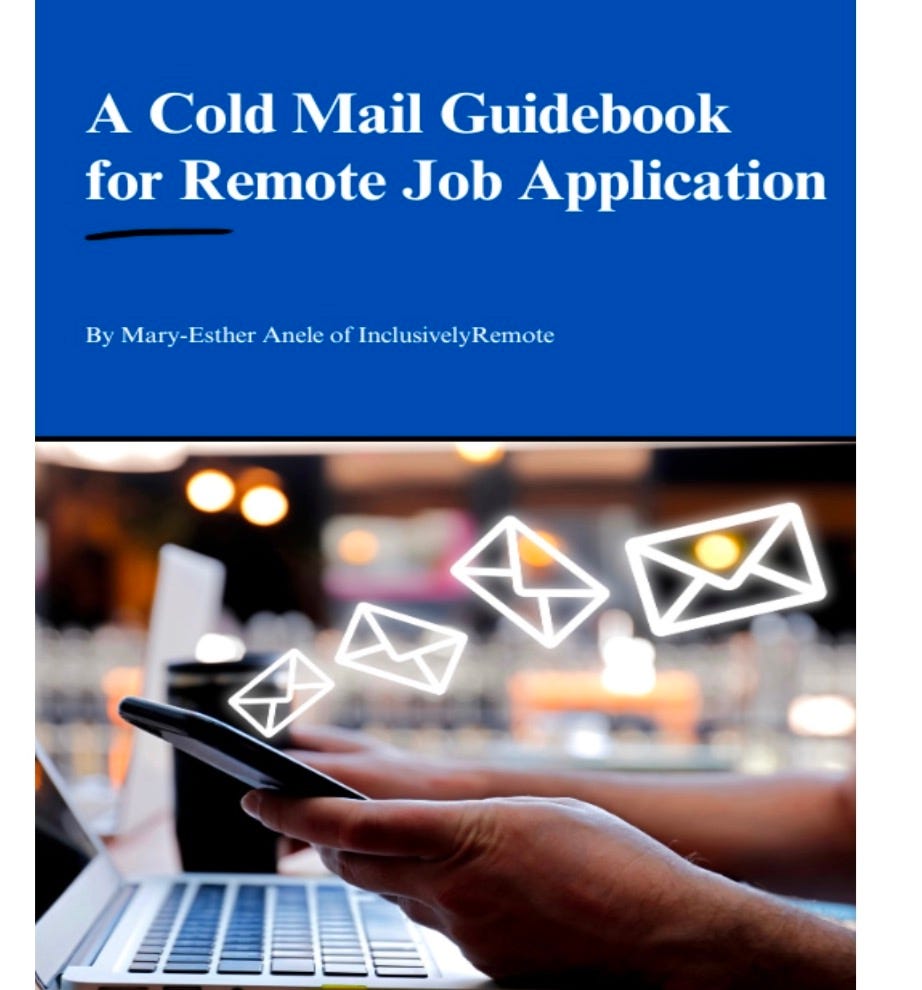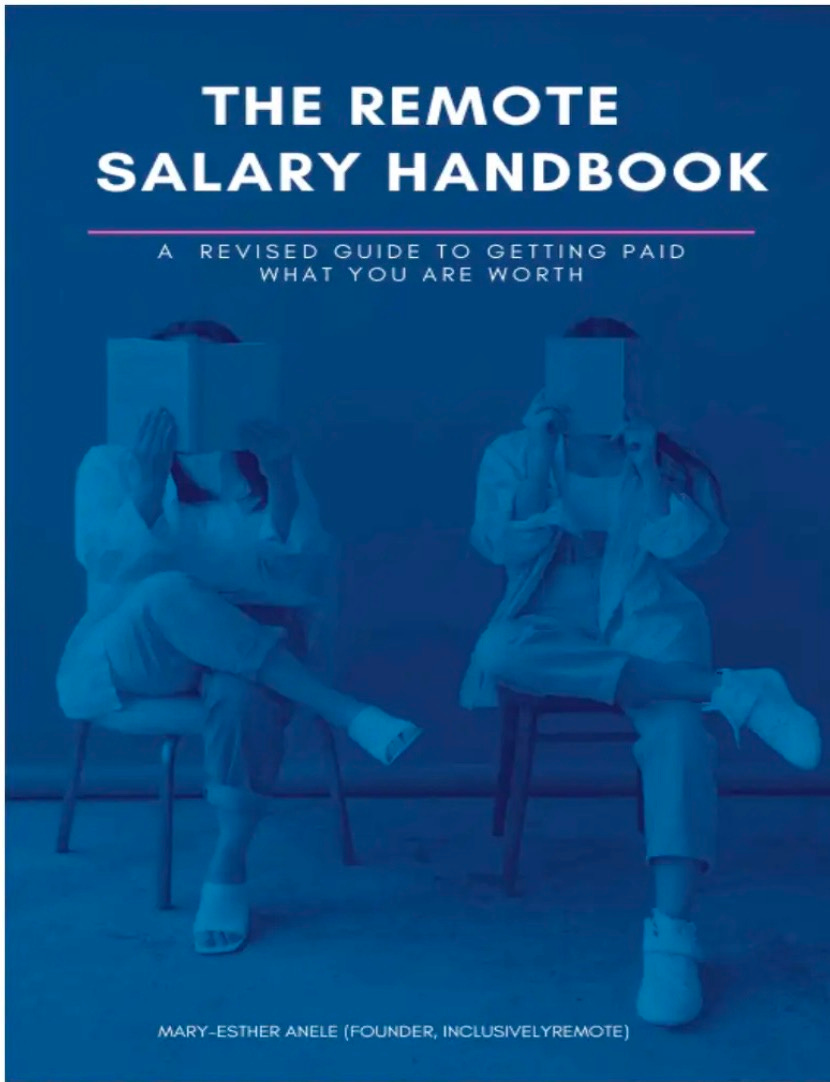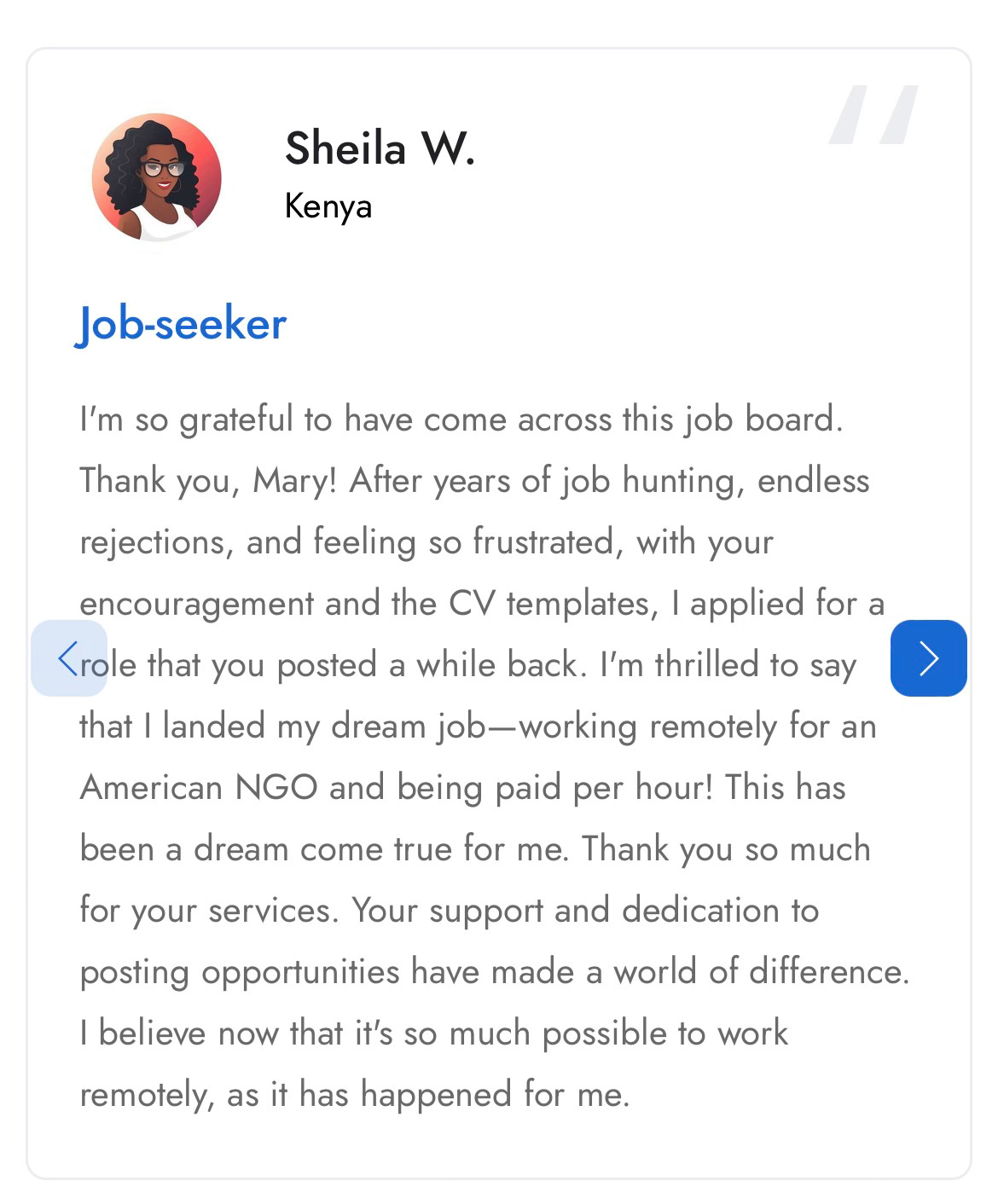Remote work has been hailed as the future offering flexibility, autonomy, and the ability to work from anywhere. But behind the polished narratives of work-life balance lies a silent mental health crisis that many overlook.
For jobseekers, the hunt for remote opportunities is riddled with false promises, unclear hiring practices, and rejection fatigue, leaving many exhausted before they even land a job. Meanwhile, remote employees while spared from long commutes—grapple with isolation, blurred work-life boundaries, and career stagnation, often without the same level of support they’d receive in a traditional office setting.
The mental toll of remote work isn’t just an individual issue, it’s a structural challenge that companies must acknowledge and address. True remote work isn’t just about where people work, but how they are supported, valued, and set up for success.
Here’s how both jobseekers and employees experience mental health struggles in remote work and what employers can do to change the narrative.
For Jobseekers: The Mental Toll of the "Remote Job Hunt"
The dream of remote work is often painted as borderless and full of opportunity, but for many jobseekers especially in LATAM, Africa, Asia, and the Middle East, the reality is far more frustrating. Instead of an open, global job market, they face barriers, rejections, and uncertainty that take a serious toll on their mental well-being.
1. False Promises of Remote Work
Many job seekers spend hours crafting applications for roles labeled as "remote," only to find out they come with hidden restrictions limited to certain countries, time zones, or legal jurisdictions. This bait-and-switch not only wastes time but also fuels disappointment and frustration. It creates a cycle where candidates feel like they’re chasing opportunities that were never truly available to them in the first place.
2. Unclear & Lengthy Hiring Processes
Remote job searches are already stressful, but when companies add vague timelines, endless interview rounds, and long periods of silence, it worsens the experience. Many job seekers invest energy into multiple assessments, only to discover much later that they don’t meet a hidden requirement. The emotional rollercoaster of hoping for a role, preparing extensively, and then being met with rejection or worse, complete silence makes the process mentally exhausting.
3. Lack of Salary Transparency
One of the biggest stressors for remote jobseekers is the uncertainty of whether a role even pays enough to sustain them. Many companies refuse to disclose salaries upfront, adjusting pay based on location but failing to clarify expectations. This forces jobseekers to navigate awkward negotiations and self-doubt, often feeling pressured to accept lower offers simply because they come from a different region. The result? A workforce that is undervalued and constantly questioning its worth.
4. Job Search Fatigue & Mental Burnout
The cycle of applying, waiting, and facing rejection often without feedback creates a deep sense of fatigue. Many remote jobseekers send out hundreds of applications, juggling hope and disappointment with every unanswered email. Over time, the weight of constant rejections erodes confidence, making talented individuals doubt their skills and experience. The mental strain of persisting in a system that offers little clarity or encouragement can be overwhelming.
For Remote Employees: The Hidden Mental Struggles of "Working from Home"
While employees in remote roles avoid commuting stress, they face different mental health challenges that often go unnoticed:
1. Loneliness & Isolation
Without the natural social interactions of an office, many remote workers feel disconnected from their teams, leading to feelings of loneliness. Virtual meetings and Slack messages can’t fully replace the casual conversations and sense of camaraderie that come from in-person work. Over time, this isolation can impact morale, making even the most independent workers crave human connection.
2. Blurred Work-Life Boundaries
When home doubles as the office, the lines between work and personal life quickly fade. Many remote employees struggle to "switch off," feeling guilty for stepping away from their desks. The pressure to always be available, answer messages immediately, and stretch work hours beyond the standard day creates an environment where rest feels like a luxury rather than a necessity.
3. Burnout from Overworking
Remote work often comes with an unspoken expectation to prove productivity by being constantly online. Without the physical cue of colleagues leaving the office, some employees work longer hours, skip breaks, and neglect personal time, fearing they’ll be perceived as disengaged. This relentless pace can lead to burnout, diminishing creativity, motivation, and overall job satisfaction.
4. Career Stagnation Fears
Many remote employees worry that their absence from a physical office makes them invisible when it comes to promotions and career growth. Without casual face-to-face interactions, recognition for hard work can feel distant, leaving workers uncertain about their future. The lack of clear advancement opportunities adds another layer of stress, making some question whether they’re truly building a career or just holding onto a job.
How Companies Can Prioritize Mental Well-Being in Remote Work
The mental health challenges of remote work aren’t just personal struggles, they’re structural issues that require companies to take responsibility. Employers who want to build a truly supportive and sustainable remote work culture must go beyond surface-level perks and focus on real, long-term solutions that protect the well-being of both jobseekers and employees.
Here’s what companies can do:
1. Make Remote Hiring More Transparent
Many job seekers endure unnecessary stress due to vague job descriptions, hidden location restrictions, and salary uncertainty. Companies must eliminate these barriers by clearly defining which regions they hire from, stating whether a role is contract or full-time, and providing upfront salary bands. Additionally, offering interview feedback rather than leaving candidates in silence can help jobseekers learn and improve, reducing the emotional toll of rejection.
2. Set Clear Work-Life Boundaries for Remote Employees
Remote workers often struggle to disconnect, leading to exhaustion and burnout. Employers should encourage asynchronous work to prevent employees from feeling pressured to be online at all hours. Setting core working hours that respect different time zones and normalizing real breaks without a culture of guilt can help employees maintain a healthier balance between work and personal life.
3. Invest in Mental Health & Wellness Resources
Mental well-being should be a company-wide priority, not an afterthought. Offering mental health stipends for therapy, access to employee assistance programs (EAPs), and dedicated wellness days separate from regular PTO can help remote employees manage stress and avoid burnout. Companies that proactively support their teams’ well-being build a more engaged and resilient workforce.
4. Create Career Growth Opportunities for Remote Teams
Many remote workers fear career stagnation due to a lack of visibility within the company. Employers should provide structured career development plans, mentorship programs, and leadership training to ensure remote employees have equal access to promotions and growth opportunities. When employees see a clear path forward, they remain motivated and invested in their roles.
Extending Well-Being Support to Women in Remote Work
Since this month celebrates International Women’s Day, it’s important to recognize that women in remote roles often face additional challenges, from juggling caregiving responsibilities to struggling with workplace visibility. Companies can create a more supportive environment by offering true flexibility, ensuring pay equity, and actively promoting women into leadership roles. Providing wellness resources that address burnout, creating mentorship programs to close the leadership gap, and fostering inclusive spaces where women’s voices are heard can make remote work a space where women thrive, not just survive.
Latest Worldwide Women-Friendly Fully Remote Jobs Currently Hiring
How to Get the Most on InclusivelyRemote as a Premium Member
Our premium subscription offers unique and amazing benefits and we want to ensure members get the most out of their premium membership with Inclusivelyremote. Here’s a comprehensive guide to help you navigate our platform and make the most of its features as a premium member:
Bookmark Jobs for Later: Did you know you can easily save jobs on Inclusivelyremote for future reference? By clicking the save icon located on the left side of the job listing, you can save interesting opportunities to your personal bookmark list. This ensures you never miss a potential job match, even if you can’t apply right away.
Example: Found a job that piqued your interest but didn't have time to apply immediately? Simply click the bookmark icon to save it and revisit it in your "My Job Bookmarks" when you're ready to apply.
Set Personalized Job Alerts: Tailor your job search by setting up personalized job alerts using the scroll bar in the Create Job Alert . This feature ensures you receive job alerts that match your preferences every friday directly to your inbox.
Example: Interested in remote marketing roles? Set your job alert preferences to weekly receive notifications specifically for marketing positions, making your job search more efficient.
Access Membership Benefits: Under the Member Services section, explore your membership benefits. Here, you can download a variety of career resources designed to enhance your job search and career development.
New Premium Career Resources to Level Up
Check Your Email Regularly for Hidden Opportunities: Keep an eye on your email daily as we send hidden remote job opportunities that are not listed on the job board. These emails will include direct recruiter contact information, giving you an edge in your job search.
Use Categories and Tags to Streamline Your Search: Utilize the categories and different job types like " Women-Friendly", and "Travel/Relocation Support" listed in the header and footer of the website to streamline your job search. Accessing these sections makes it easier to find jobs that align with your interests and skills.
By following these tips, you can maximize the benefits of your premium membership on Inclusivelyremote and enhance your job search experience. If you have any questions or need further assistance, our support team (contact@inclusivelyremote.com) is always here to help!
Your dream job is around the corner, subscribe now to start applying for verified worldwide remote jobs!
Resources to Help in Your Remote Career Journey
Join Our Public Community: We’ve created a public channel to empower you with voice-recorded mentorship, curated resources, remote job opportunities, and valuable insights. Link
Our Resume Templates: Each template is accompanied by a comprehensive customization guide to assist you in tailoring your own resumes. Additionally, editable versions of the templates are provided for your convenience. Link
Our Social Media Handles: For daily tips on navigating your remote work career or tips to corporate success, check out our social media handles here Link
Introduction to Remote Work: Access our free ebook on what remote work is and how you can get remote jobs, especially other platforms to check out. Link
The ABC of a Successful Remote Job Application: Access our free ebook on how to tailor your resume and apply to remote jobs. I have tailored a resume template you can use as well as cold mail messages in drafting your cover letter. Link
The Remote Salary Handbook: This is the first published guide on remote work. Having been a remote worker from Africa, I know the struggles of getting good pay, I have been paid less countless times. This ebook lays down tips as well as templates to ensure no one gets to be like me. It’s currently on sale and would go a long way in your career journey. Link
Rooting for you this Month🫶🏼💡!
Yours truly,
The InclusivelyRemote Team
LinkedIn| Twitter| Instagram | TikTok | Newsletter








